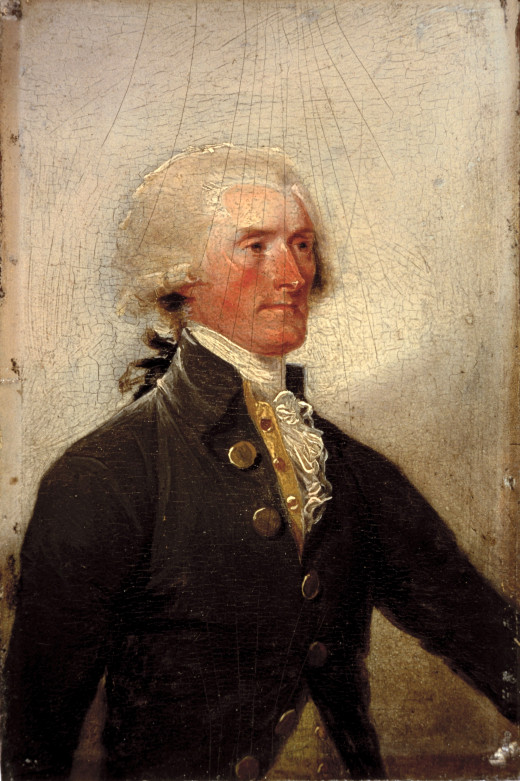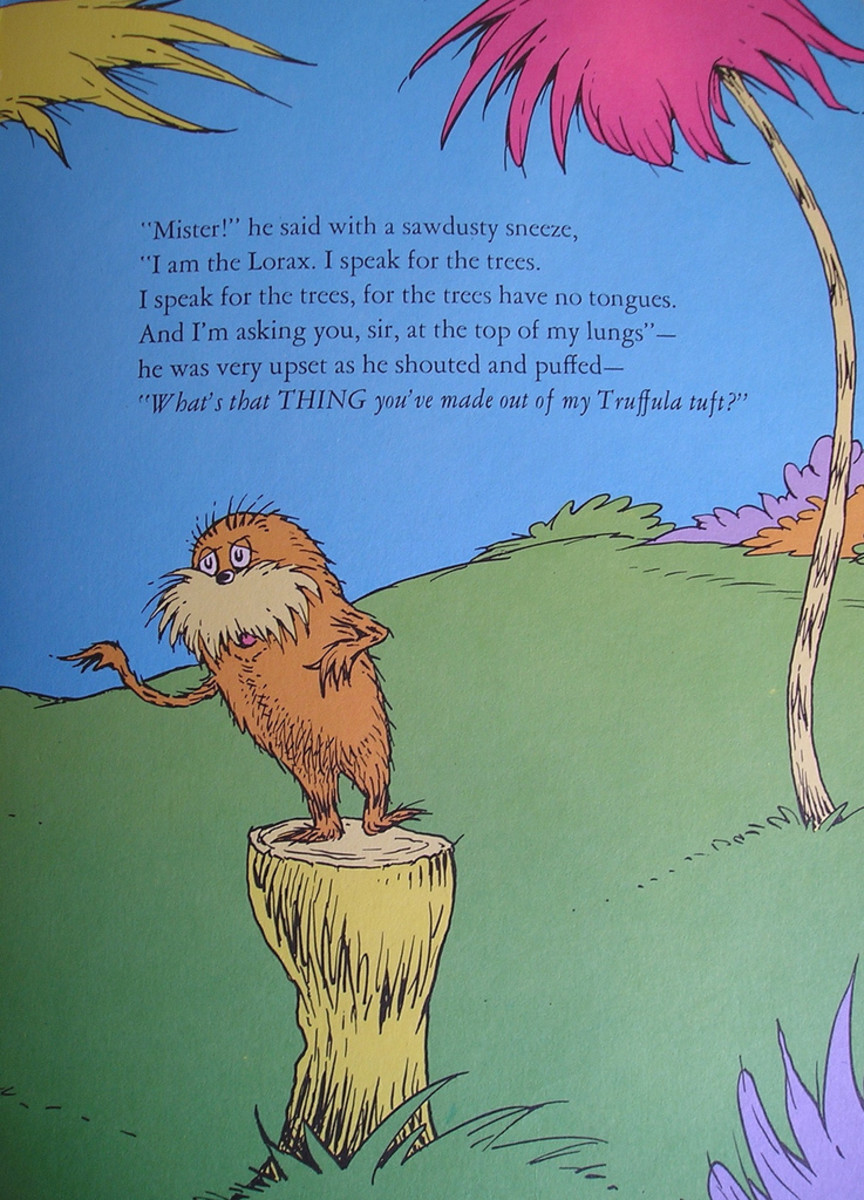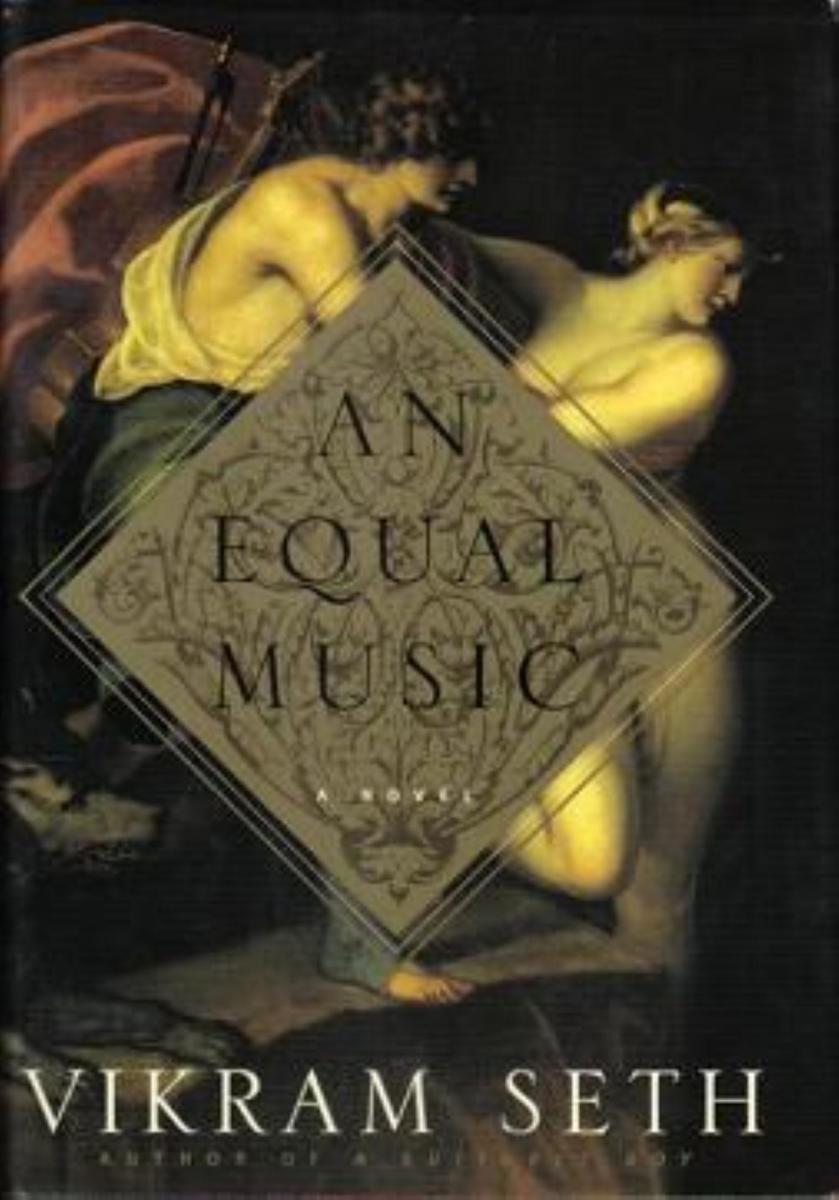Why the Great Books Are Useful
Recently, a friend suggested that we eliminate the teaching of the Great Books in order to concentrate on fixing bad writing. While it's true that everyone should learn to write well, the Great Books, used properly, are one of many excellent tools that can be used to teach good writing, as well as a host of other skills.
And just what are the Great Books? At its most basic, the idea of the Great Books is simply a list of the most significant writings (not necessarily books) of Western Civilization. Other, more comprehensive lists also include classics of Eastern Civilization, as well.
Thomas Jefferson

What Are the Great Books?
The history of the so-called Great Books begins with Thomas Jefferson, who frequently compiled suggested reading lists for friends. In the early twentieth century, at a time of great controversy over educational theories (for example, John Dewey maintained that skills learned in one discipline were not useful in others), Harvard University published a series of 51 books, called the Harvard Classics. Later, Mortimer Adler was instrumental in compiling lists of the Great Books (along with a list of Great Ideas). While the idea has largely fallen out of favor, giving precedence to career-oriented courses in college, a few universities still teach the Great Books.
Mortimer J. Adler
![Mortimer J. [Jerome] Adler, one of the twentieth-century founders of the Great Books courses Mortimer J. [Jerome] Adler, one of the twentieth-century founders of the Great Books courses](https://usercontent2.hubstatic.com/12447427.jpg)
Why the Great Books?
Lessons from Other Disciplines
Just as painters learn their craft by copying the works of other painters, and musical composers write for practice in the styles of other composers, so too, writers learn to write by studying the greatest works of literature. At its simplest, it's a "monkey see, monkey do" action, where one reads and writes in the style of other writers; at its best, as in art and music, learning to write from the Great Books means an intense analysis and understanding not only of the content of the works, but also learning from the writing style.
In addition, the Great Books comprise the major works of philosophy, history, medicine, and other disciplines. By learning, discussing, and absorbing the ideas contained in these works, students learn critical thought and understand how to analyze and combine different ideas.
The Standard "Great Books" Set
I bought this in the 1970s from a colleague for $115; at that time it cost more than a month's rent. I still use this set today and it has broadened my already excellent education immensely. Start with the two-volume Syntopicon and go from there--you will find for yourself how incredibly useful this set can be!
(You might be tempted to try the Kindle edition. Don't--the Syntopicon is not included, because it is not in the public domain, and the books are incomplete and out of order. If you want ebooks of the books included in the set, get them all at Project Gutenberg for free, and use a reading app to put them in the correct order.)
What You Can Learn from the Great Books
Despite the lack of multiculturalism and clear gender bias, there is no question that the selection of books includes some of the most significant works of literature, philsophy, and science, from antiquity to the present day. With careful reading, you can have a clear understanding of the principles of rhetoric, logic, styles of argument, and examples of careful observation and consideration. Many authors may seem a bit dated, and surely some of the science is contrary to our current understanding, but that does not make reading the books less valuable.
The historical books also give us an insight not only into the worldview of the authors, but insight into their culture as well. So whether you read the Great Books for enjoyment of the well-written word, or for an understanding of the thought processes that go into great philosophy, or simply because you want to expand your boundaries, you will get something from reading them.
But to answer my friend, the most important part of writing well is to begin by learning to appreciate good writing. In these works, some of the best authors throughout history have put their finest writing skills to work. And in the Great Books, what you will find is thoughts and sentences that are relevant through the ages. We can model our writing after these masters, and improve ourselves in many ways.

What Not to Expect from the Great Books
The science and philosophy books can be especially tough going. These are not intended to be explanations of scientific or philosophical thought, but the actual words of the scientists and philosophers themselves. Some have been translated from other languages and that can make for difficult reading. These aren't (at least for most of us) summer reads, but an insight into the thought processes of highly influential people in Western culture.
The Great Books is also not a collection of great literature. (For that, see the Harvard Classics or the Modern Library.) These are the writings of scientists, historians, philosophers, with only a few literary works included.
It's not a list of who is most important, or even who is most influential. A lot of influential and important people did not make the cut, and Adler's clear gender and race bias shows in the selection. Never mind. You can read those works that were omitted, too. Many of them are in the public domain and easy to find on sites like Project Gutenberg.
And lastly, the Great Books doesn't include the Bible. Yes, the Bible is influential. Yes, it is also a work of literature. But it does not meet the criteria for inclusion that Adler established for the Great Books in 1952. Don't sweat it; if you want a copy, it's freely available, in many editions. Feel free to read it, too. The list could never have been all-inclusive.
What to Expect from the Great Books
You will get a lot of philosophy, a lot of science, and a lot of history. Remember that these books are written by the people who came up with the ideas (Herodotus is often called the "father of history," with some justification), by skilled writers who don't always have the knack of explaining their ideas clearly and succinctly. The authors ramble, digress, quibble (sometimes even with themselves), and are obtuse. That shouldn't matter to you; you will get a glimpse into the thought processes of some great thinkers, even if they express themselves poorly.
Formerly, people bought this set and never opened it, in order to appear educated. Today, with research tools like the Internet and online libraries at our fingertips, we can actually be educated. Even if you read one page per day, at the end of each day you will be a slightly better educated human being, and that is something worth achieving.
This content is accurate and true to the best of the author’s knowledge and is not meant to substitute for formal and individualized advice from a qualified professional.
© 2015 classicalgeek






